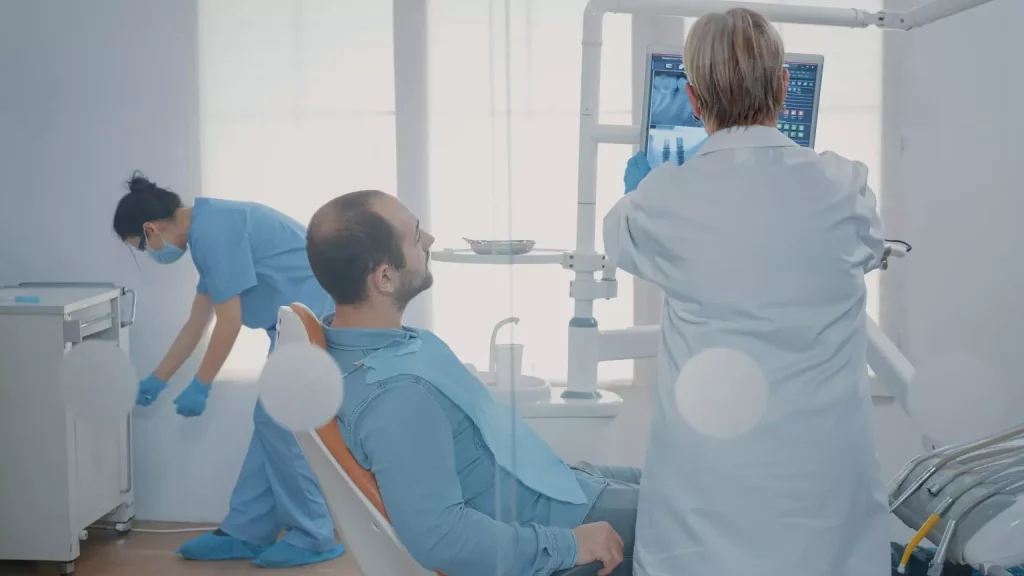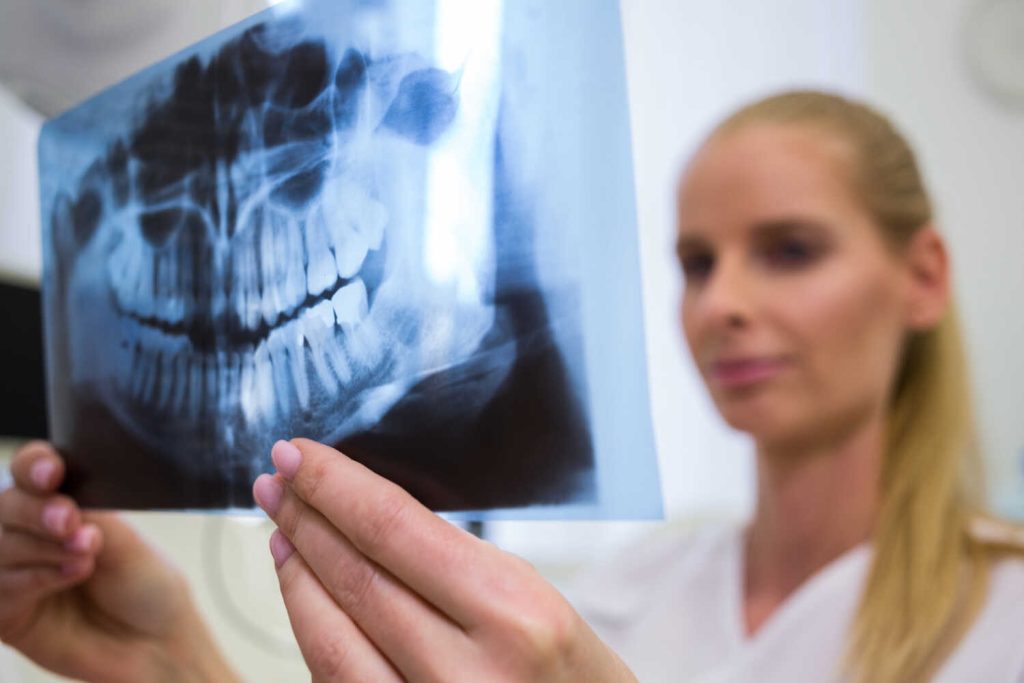
Wisdom teeth care is crucial for keeping your smile elegant and preventing dental problems. Wisdom teeth are also known as third molars. They typically start to appear between the ages of 17 to 25. Some people’s wisdom teeth erupt normally and line up with their other teeth without causing any complications. However, many people might not have ample space in their mouths to fit these teeth, which could result in a number of issues. Impacted wisdom teeth can lead to pain, infection, and other dental issues. You must take excellent care of your wisdom teeth.
TIPS FOR WISDOM TEETH CARE
In this blog post, we’ll look at the following tips for preserving the best oral health of your wisdom teeth.
Regular Checkups
The most important aspect of wisdom teeth care is routine dental exams. Dentists are qualified to keep an eye on the growth and positioning of your wisdom teeth. They are able to spot possible issues before they become serious and suggest suitable courses of action. Make sure your wisdom teeth are being examined and analyzed by professionals by scheduling dental appointments at least every six months.
Good Oral hygiene Routine
Maintaining proper dental hygiene is crucial for wisdom teeth care. Brush your teeth daily for two minutes by using a soft bristle toothbrush and fluoride-containing toothpaste. Pay particular attention to the area of your mouth where your wisdom teeth are located. Every day, floss between your teeth to get rid of plaque and debris, even in the tight spaces around your wisdom teeth. To help eliminate bacteria and improve breath, think about using antimicrobial mouthwash.
Pay attention to symptoms
For prompt intervention, it is essential to be aware of the symptoms and warning indications of wisdom teeth issues. Swelling, redness, trouble opening your mouth, and soreness or discomfort in the rear of your mouth are typical symptoms. Consult your dentist right away if you encounter any of these signs. Early detection and treatment can reduce discomfort and stop subsequent problems.
Healthy Diet
Wisdom teeth care can be indirectly aided by maintaining a healthy diet and nutrition. Eat soft foods because hard, sticky, or chewy foods can put too much strain on your wisdom teeth and could cause harm. During the early phases of wisdom teeth eruption, choose nutrient-rich foods. A diet that is balanced, healthy, and rich in vitamins and minerals will promote optimal oral health.
Follow Post-Extraction Care
You can experience some swelling, discomfort, and mild bleeding after wisdom teeth extraction. So, wisdom teeth require attention and care at this time. Consult a dentist because he will give you instructions on how to treat these symptoms, including how to use cold packs, take prescribed painkillers, and avoid particular foods.
Be Proactive
The key to maintaining excellent dental health is to be proactive and knowledgeable about wisdom teeth care. Be knowledgeable about the potential hazards and advantages of wisdom teeth by staying up to date with the most recent dental research and recommendations. Ask questions and express any concerns you may have to your dentist. Making informed decisions about your wisdom teeth can allow you to maintain a healthy and beautiful smile.
CONCLUSION
By following wisdom teeth care, you can lessen the possibility of dental issues, including pain, infection, and crowding. A proactive strategy is used to care for wisdom teeth, combining dental advice from a professional with self-care routines. In order to provide appropriate care, it is crucial to take measures to monitor the development of your wisdom teeth and spot any potential problems early on. To preserve your oral health and guarantee a healthy smile for years to come, keep in mind that early intervention and professional counseling are essential.



